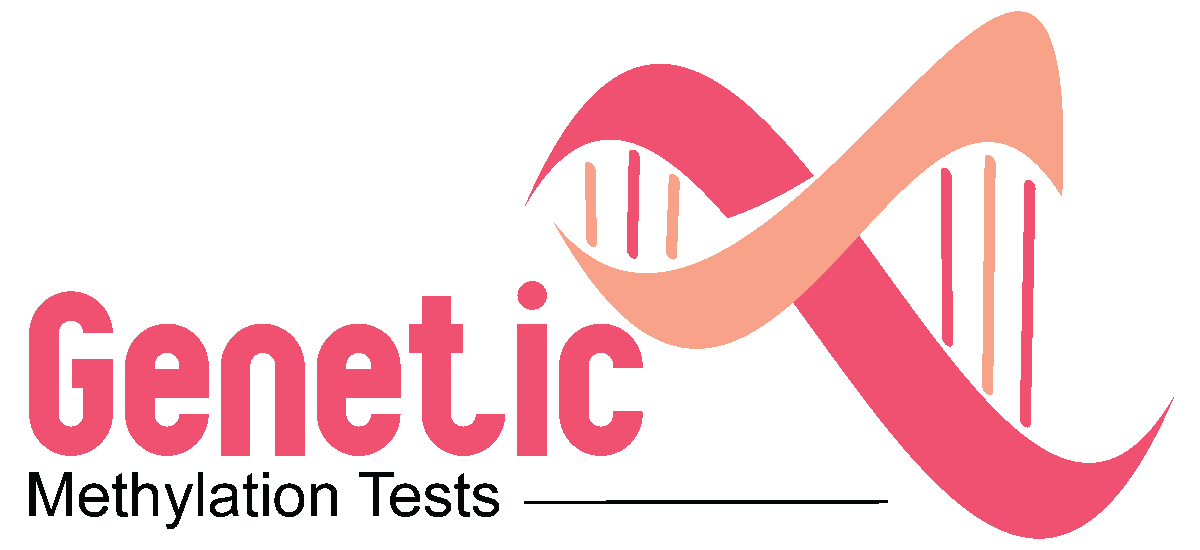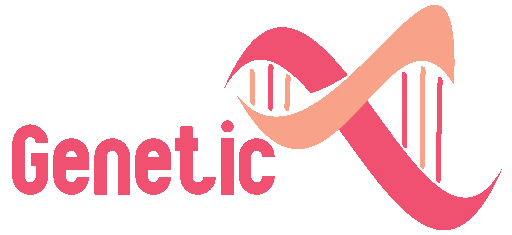
Methylation test is a naturally occurring process in the body where genes in every cell undergo epigenetic modification. It functions like a switch, activating and deactivating various processes, including detoxification, gene expression, neurotransmitter synthesis, and hormone balance. These functions significantly influence your Mental Health. When the methylation process is disrupted—either too high or too low—symptoms like mood disturbances, sleep pattern issues, and difficulty focusing may arise.
The Role and Importance of Methylation in Mental Health
Methylation is critical for the synthesis of key neurotransmitters such as serotonin, dopamine, norepinephrine, adrenaline, and melatonin. These chemicals directly impact your mood, energy, and sleep.
- Tryptophan converts to 5-HTP, which is a precursor to serotonin, improving mood.
- Noradrenaline transforms into adrenaline, enhancing concentration and focus.
- Serotonin converts into melatonin, the hormone essential for restful sleep.
When the methylation process works efficiently, these brain chemicals are maintained at optimal levels, promoting mental health.
What Affects Methylation?
Several factors can disrupt methylation, including oxidative stress, dietary habits, and environmental pollutants. These disturbances can create imbalances, increasing susceptibility to mental and physical health challenges.
Oxidative Stress and Environmental Toxins
An imbalance occurs when reactive oxygen species (ROS) exceed the body’s natural antioxidants. Environmental toxins exacerbate this condition. Common toxins include:
- PCBs, herbicides, and pesticides
- Plasticizers in water bottles and cling film
- Air pollution
Mitigation Tips:
- Drink filtered or bottled water.
- Avoid using plastic tupperware.
- OPT for organic produce grown in soil.
Diet and Nutrients for Better Methylation
Processed foods and sugars negatively affect methylation. Consuming a diet high in these substances can hinder the body’s ability to methylate efficiently.
Recommendations:
- Practice intermittent fasting, eating two meals daily and avoiding snacks.
- Focus on a whole-food diet rich in wholemeal cereals, fish, legumes, fruits, and vegetables.
Key Nutrients for Methylation
Some nutrients are essential for maintaining a healthy methylation process:
- Folate (B9):
- Crucial for synthesizing SAMe and methionine needed for neurotransmitter production.
- Opt for natural folate from green leafy vegetables instead of synthetic folic acid.
- Vitamin B12:
- Supports folate activity and prevents deactivation in the methylation cycle.
- Found in animal products like meat, eggs, and dairy. Supplements may help those deficient.
- Choline:
- Acts as a backup methyl donor and helps convert homocysteine back to methionine.
- Found in eggs and liver.
Homocysteine: A Marker for Methylation
High homocysteine levels signal issues with the methylation process. Elevated levels, which act as a neurotoxin, are linked to mental health conditions such as depression, schizophrenia, bipolar disorder, and even Alzheimer’s disease.
Testing for homocysteine levels provides insight into methylation status and helps guide interventions.
Genetics in Methylation
Genetic mutations in the MTHFR gene (e.g., C677T or A1298C) can impair folate metabolism and homocysteine regulation. A DNA test (via saliva or cheek swab) can identify these mutations, helping individuals personalize their health strategies.
FAQs
- Is it enough to use supplements in treating poor methylation?
Supplements like l-methylfolate and B12 can help, but it’s also vital to reduce exposure to endocrine disruptors (e.g., parabens, benzophenones, and phthalates) and focus on a whole-food diet. - How do I determine if I have methylation issues?
Check homocysteine levels through a blood test or detect MTHFR gene mutations with a DNA test (via cheek swab or saliva). - Does smoking affect methylation?
Yes, both smoking and vaping increase oxidative stress, disrupting methylation. Quitting these habits is advised for better health.
Disclaimer
The information provided is for educational purposes only and is not a substitute for professional medical advice. Always consult a qualified healthcare provider for diagnosis or treatment of any health conditions.






Leave a Reply